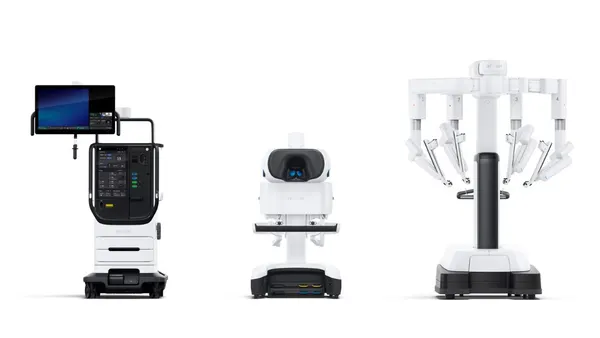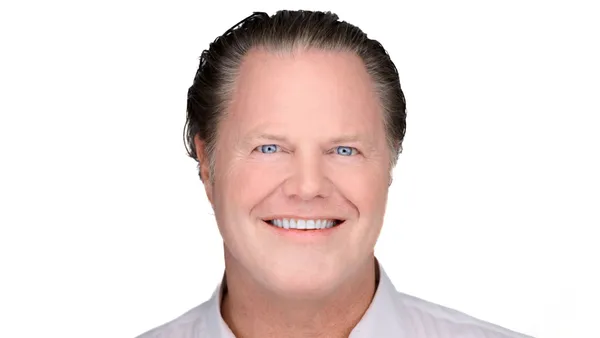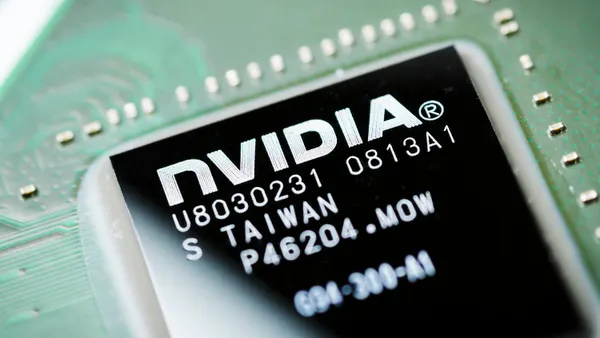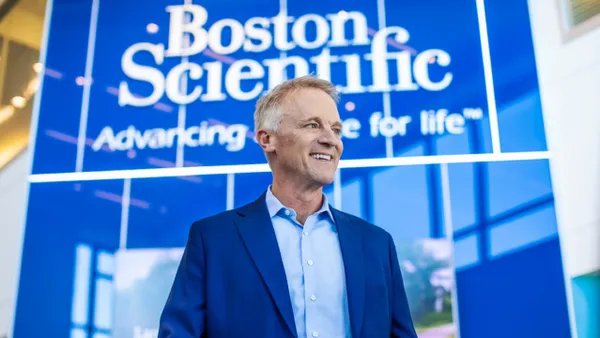Dive Brief:
-
Boston Scientific’s second quarter results beat expectations on the back of solid growth in all departments and geographies.
-
All three of Boston Scientific’s units posted double-digit growth on a reported basis, resulting in second quarter sales coming in just below $2.5 billion.
-
The solid performance and deep roster of launches lined up for the rest of 2018 puts Boston Scientific on track to meet its recently-raised targets for the year.
Dive Insight:
Boston Scientific emerged from the last round of financial results in a better state than rivals such as Edwards Lifesciences, enhancing its reputation as a safe bet at a tricky time for medtech companies. Now, it has continued its strong start to 2018 by beating sales and earnings expectations for a second consecutive quarter.
Neuromodulation was the star performer again. Boston Scientific attributed the subunit’s 31% growth to strong uptake of its WaveWriter spinal cord stimulator, which is taking market share in the U.S. and overseas. Elsewhere, rising demand for the Rhythmia HDx high-definition mapping platform and the European launch of the IntellaNav navigation-enabled ablation catheter ensured a strong quarter for the broader Rhythm and Neuro group.
Boston Scientific’s MedSurg group reported equally-strong results on the back of the addition of a minimally-invasive treatment for benign prostatic hyperplasia, Rezum, and continued demand for the Spyglass DS visualization platform.
Cardiovascular, Boston Scientific’s largest unit, was the weakest performer, although it still reported 10% and 6.2% growth on a reported and organic basis, respectively. The interventional cardiology and peripheral intervention units both contributed to the growth, with Boston Scientific singling out the launch momentum of the Wolverine cutting balloon as an important factor.
These positives were partially offset by headwinds in Boston Scientific’s drug-eluting stent business, which has become a tough field for medtech companies. Last week, Abbott Labs told investors not to expect too much from its recently-approved Xience Sierra stent as competition in the sector is fierce.
Boston Scientific has sought to offset the challenges in this existing market by acquiring companies in areas that are poised to grow faster. Some analysts see the company’s approach as aggressive, but Boston Scientific CEO Mike Mahoney called the strategy more measured than that word suggests.
“It is all planned. Many of these are companies that we already had investments in. It’s not ad hoc,” Mahoney said in a quarterly results conference call with investors. “We think all of this reinforces category leadership in [high-growth areas].”
The results follow a strong first quarter for Boston Scientific. Back then, year-on-year upticks in sales across the business helped it beat analyst earning expectations, prompting it to raise its guidance for the full year. The strong second quarter means Boston Scientific is on track to meet its ramped-up guidance.
Separately, Boston Scientific advised shareholders to reject a “mini-tender” offer from TRC Capital. Such offers seek to get shareholders who own a small percentage of a company to sell their stock for less than the market rate. As the offer targets less than 5% of a company’s stock, it is not subject to the same U.S. regulations as traditional tenders.
Pursuing a buy low, sell high strategy, TRC has made a series of such offers in recent years to the shareholders of Baxalta, Eli Lilly and other companies in the healthcare industry and beyond. These companies typically advise shareholders to reject the low-ball offer but TRC has persisted with the strategy for several years.
This week also saw the chances of Boston Scientific receiving a considerably larger offer recede. In June, the Wall Street Journal reported Stryker had approached Boston Scientific about a takeover. Stryker subsequently dismissed the report. This week, Stryker further distanced itself from the deal by stating it is sticking to its strategy of primarily pursuing small to mid-sized acquisitions that are in or adjacent to its core markets.
With Stryker’s comments suggesting a big takeover is unlikely, Boston Scientific looks set to continue as an independent company. Based on the second quarter results, Boston Scientific appears able to prosper on its own. It is now looking to the more than 25 new product launches it has lined up for the back half of 2018 to continue momentum throughout the rest of the year.











